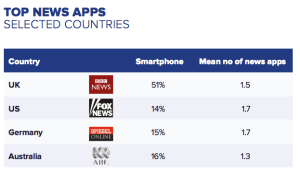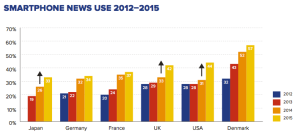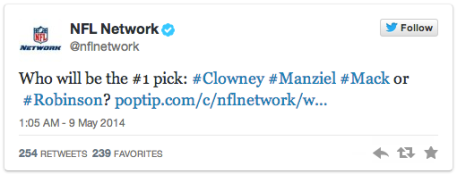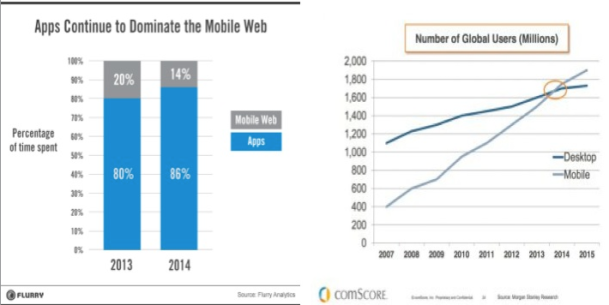The potential brought by mobile internet and mobile technologies, such as smartphones and tablets, has the power to transform the work of journalists.
In a time when we face the challenges promoted by convergence, both on content and production, this article makes us think about this subject. Questions such as the low number of journalists and the composition of new newsrooms are prompted when the vídeo from Movistar is analyzed.
En otras palabras, en el ejemplo se ve cómo un periodista lleva a cabo al mismo tiempo el trabajo de un cronista, un reportero, un reportero gráfico, un camarógrafo y un sonidista y quizás algo más si es que escribe o etiqueta lo que acaba de producir. Todo esto se supone que es “porque la realidad no te espera”






